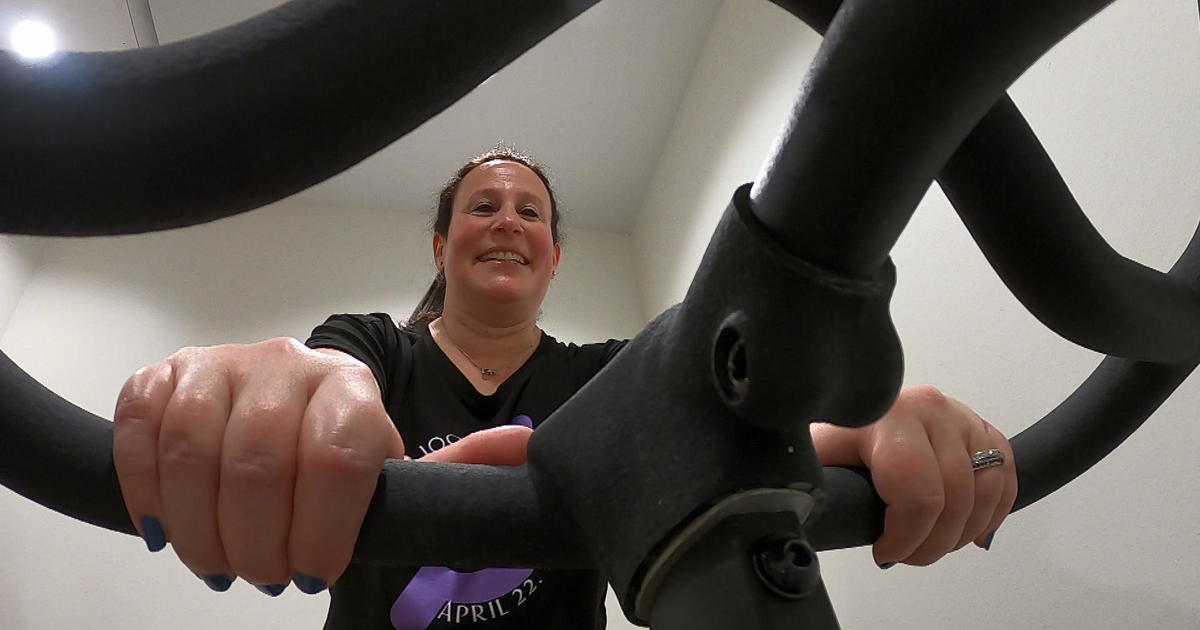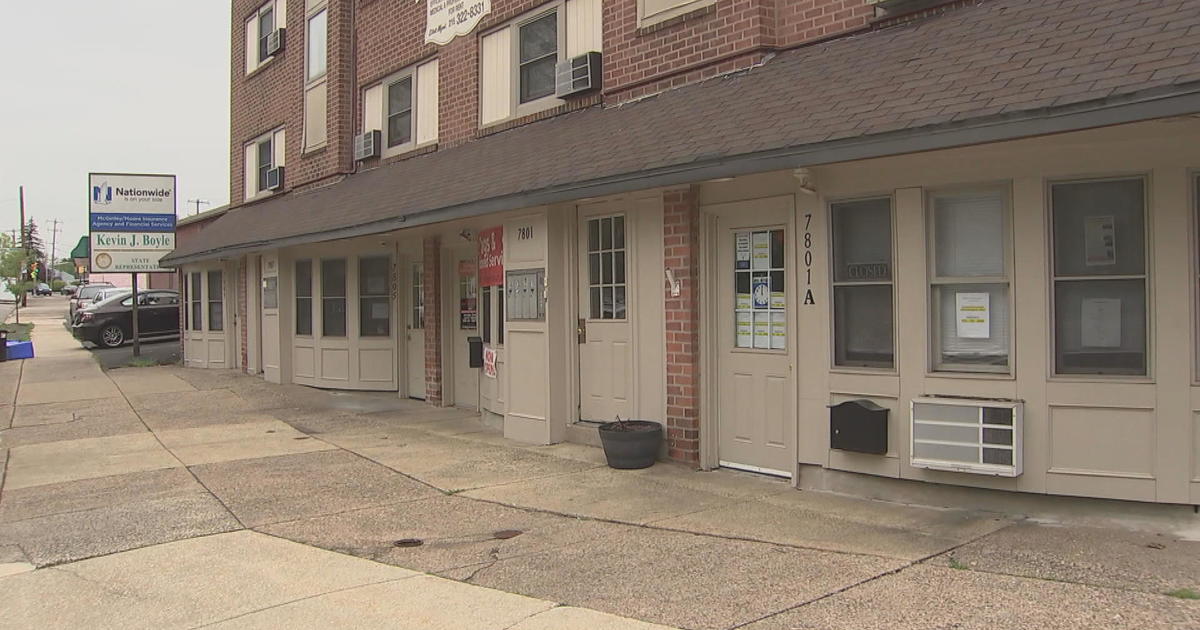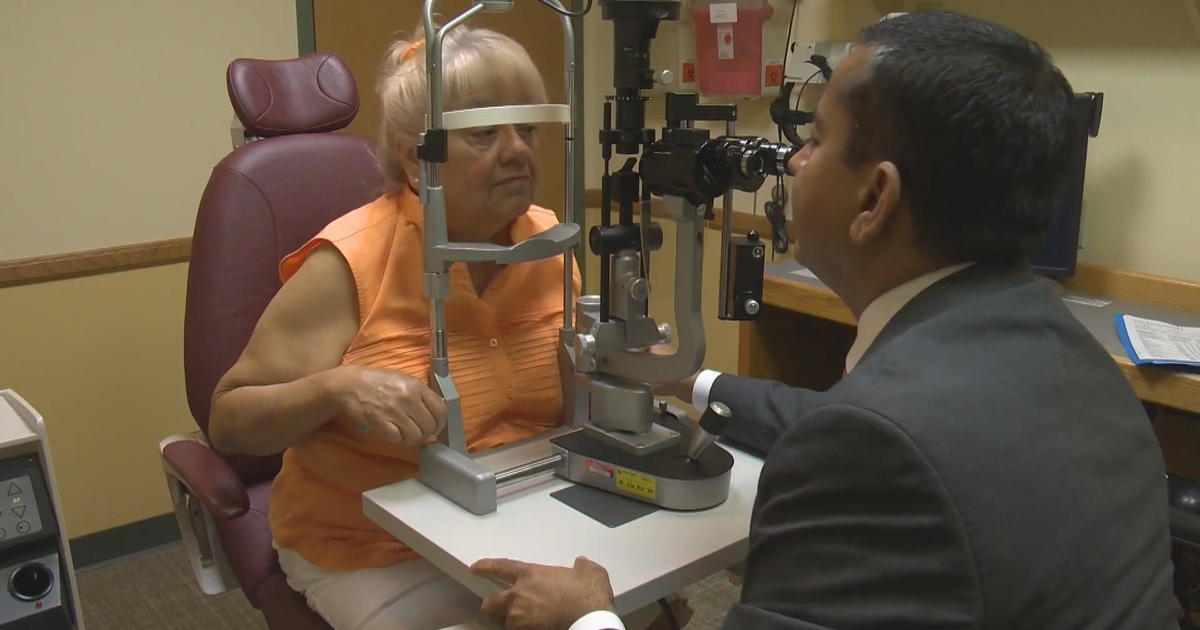Philadelphia Doctor Reshaping Healthcare With Scientific Approach
PHILADELPHIA (CBS) - Three-trillion dollars a year is spent on healthcare in the United States, or 17-percent of our Gross Domestic Spending.
That's too much says Dr. Andrea LaFountain, based out of Philadelphia:
"No other country puts that amount of GDP toward healthcare. As a result, we're not actually healthier, so something is broken."
Her new book, How Patients Think, highlights a more cost effective approach, in hopes of creating a healthier population in the U.S.
The problem, she says, is patients are not doing the right thing:
"It's not that we need more medicine or more doctors or more hospitals or new diagnostics. We just need to get patients to take the medication that we've got, to go to the doctors that we've got, to use the diagnostics that we've got and fulfill their treatment regimens that the doctors are prescribing for them. If we do that, we'll be in a very different place."
Dr. LaFountain says we have to change the rules of engagement:
"We ask patients, 'why do you not take your medicines?' We tell patients you should take this medicine, you should see your doctor, you should diet, you should exercise, as if they don't already know that."
To do this, she says, it's important to figure out how patient's decisions -- like becoming a smoker for example, or quitting -- get made:
"Patients describe how they are feeling, but can't explain why. That's what's wrong with the doctor, patient relations. We're asking patients why they are doing or not doing something, and the patients are expected to answer, when really they can't."
Basically, she says, healthcare will go bankrupt if this doesn't change now.
Dr. LaFountain says her research on this began two decades ago:
"When I was working in healthcare, I understood the complexity of the decision making. And I was asked to explain why women with breast cancer are not taking their medication. 26-percent of women were abandoning therapy. So I was asked why is that."
The answer came through a scientific approach. The patients were simply playing the odds. They were happy as long as their risk was lowered.
So far, Dr. LaFountain says the response to her book has been positive:
"The integrity of the science is very unique and it's a radical departure away from just talking to the patient and saying 'tell me what's wrong here'."
For more information, CLICK HERE.



